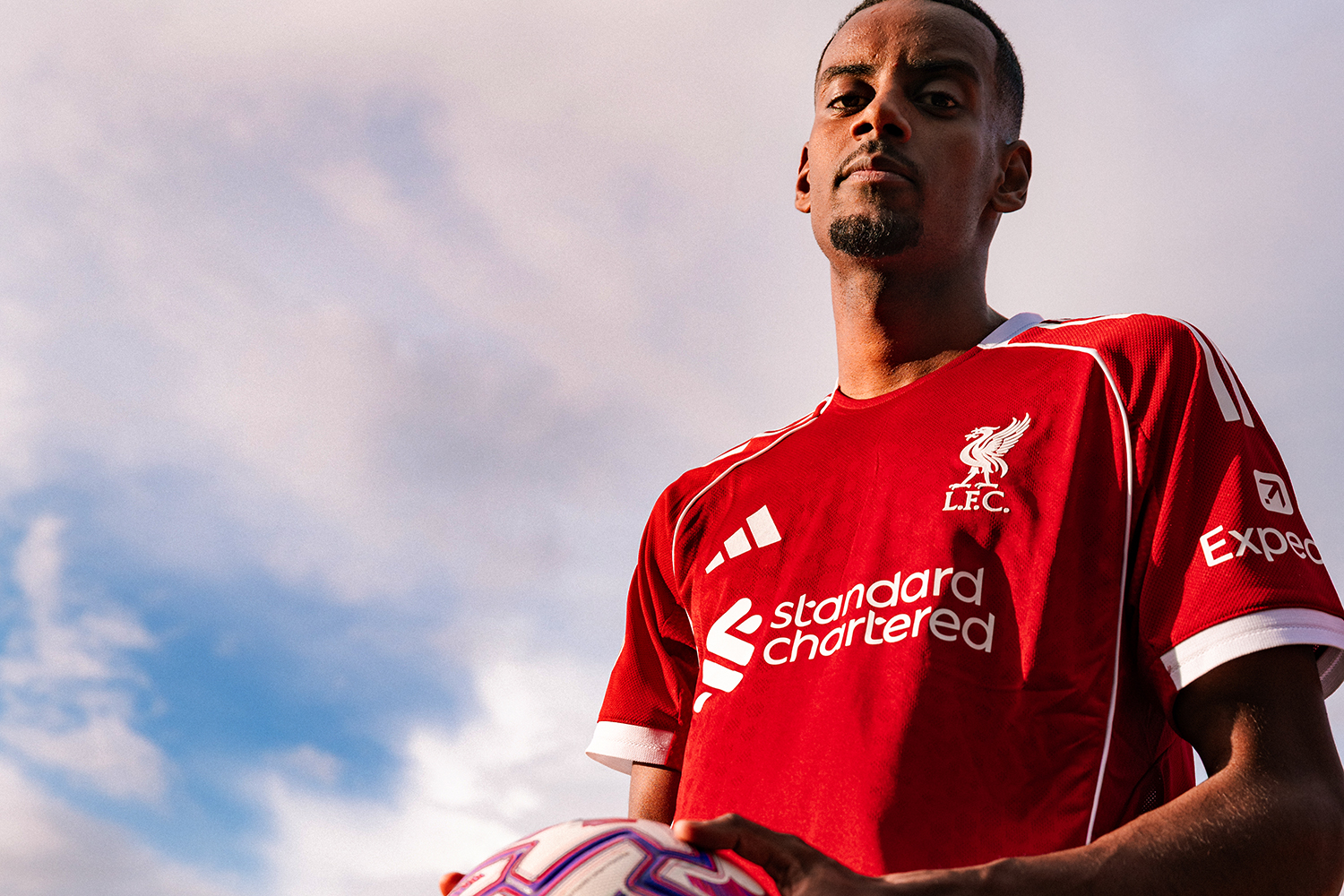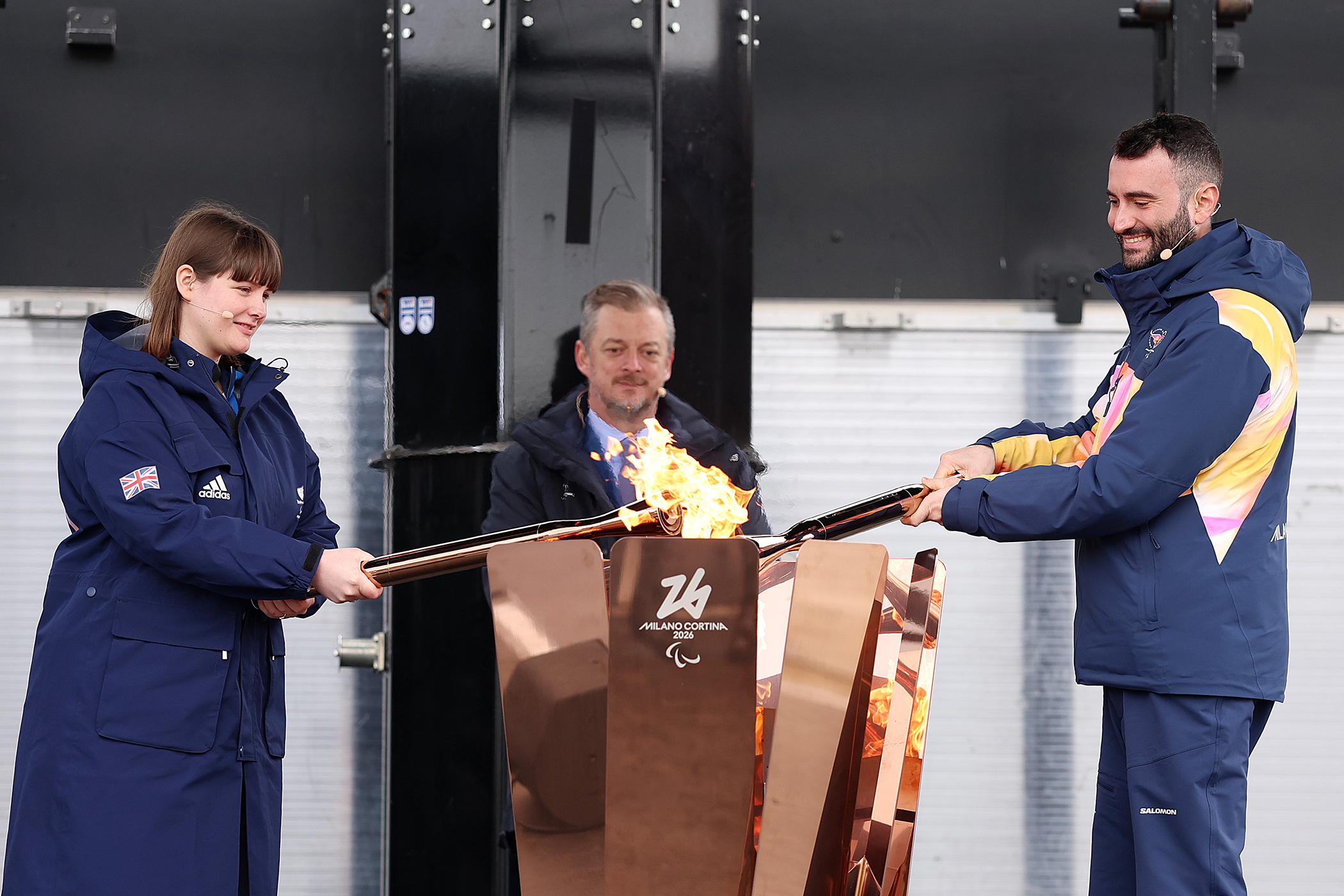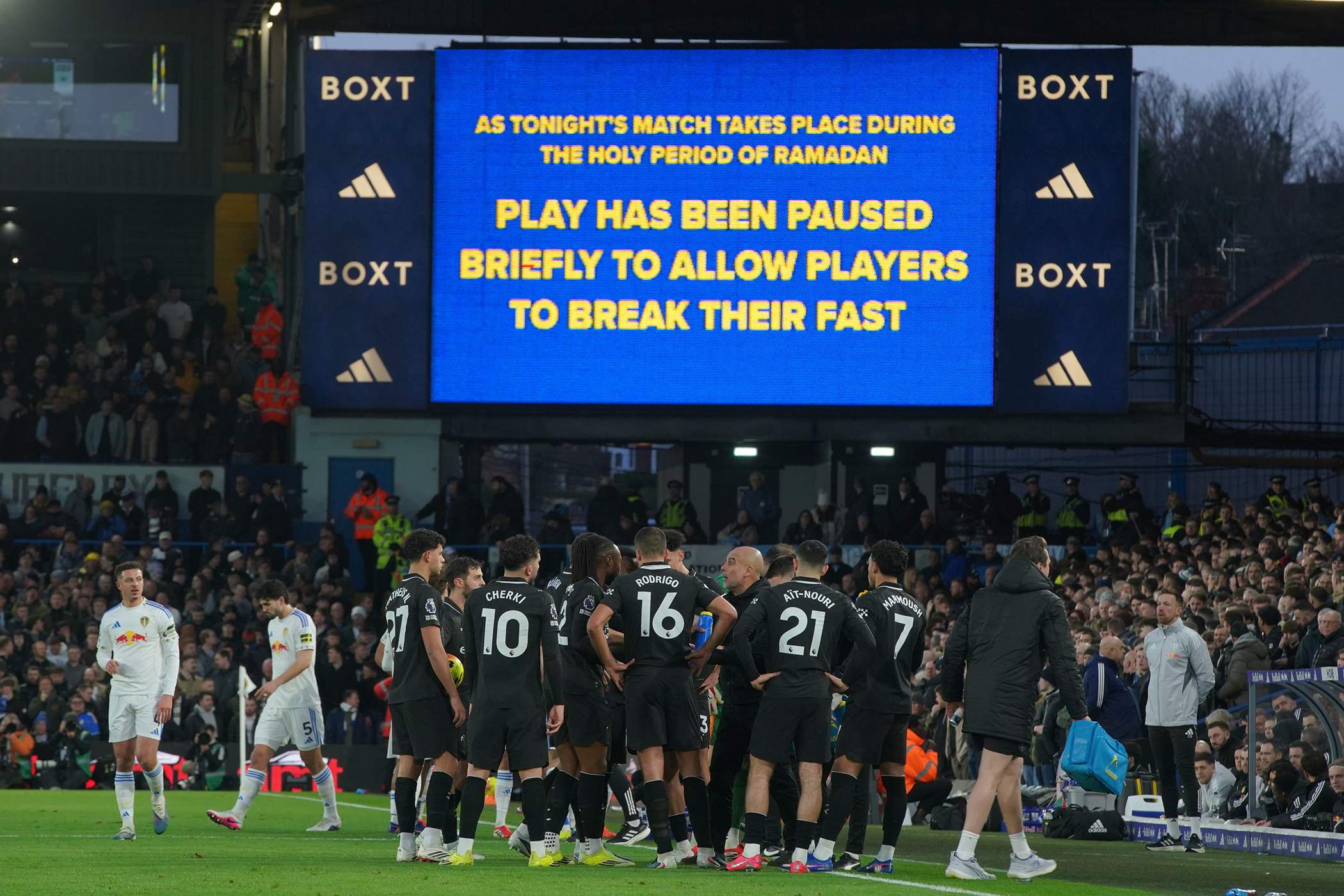They were still going long after what was supposed to be closing time, hours after the cut-off had passed. Nobody really wanted it to end. They were all having too much fun. The Premier League was inundated with pleas to keep the party going: just one more deal, just one more line on the books. In the whirling, euphoric frenzy, transfer deadline day gleefully broke its banks.
So much had happened that by Tuesday, the morning after the night before, it all had a woozy, hallucinatory quality. Manchester City awoke to find a gigantic goalkeeper posing against a green screen, his massive paws clawing at a camera. Newcastle United had effectively deleted Alexander Isak’s number from their phone. Nobody was quite sure where Nicolas Jackson was.
It was, in that sense, a perfectly fitting finale to a summer marked by wanton excess, even by the inflated standards of the Premier League. At times, it has felt a little like a throwback, a re-run of those years in the first decade of this century when English football was still so intoxicated by its own wealth that it could not resist spending it.
The numbers are staggering. Between them, the league’s clubs have spent somewhere around £3 billion on players, easily shattering their previous high watermark. Depending on how you do the maths, the British transfer record has been broken twice, on both occasions by Liverpool. And yet – again, depending on your method of calculation – the reigning champions are still not the league’s biggest spenders.
Quite what has inspired this bacchanalia is difficult to parse. That the Premier League is rich is not new. Nor is the fact that it spends much more on players than anyone else. But quite why it should have been now, at this precise point, that its clubs decided to cut loose, to indulge in their own super-agent Ali Barat Summer, probably does not have a single, simple explanation.
It is likely relevant that this year marks the start of a new cycle of international television rights; England’s clubs may well have started the summer feeling especially flush with cash. It is probably significant that all of the league’s traditional top six were active at the same time; it is not, for example, typical to see a team that has just won the title spending half a billion pounds.
So, too, the intent of those sides who have just arrived in the Premier League: Leeds, Burnley and Sunderland have all taken what might be thought of as the Aston Villa approach to promotion, spending as much as they can in order to stave off an immediate return to the Championship. The transfer market is, more than anything, a state of mind. It has, from the start of the summer, felt unusually liquid.
More significant still, though, is the sense that the vast majority of England’s clubs have now worked out how to operate in a landscape defined by the Premier League’s financial rules.
Rather than limiting spending, the Profit and Sustainability Regulations – the ones blamed for restricting the ambitions of Newcastle and Aston Villa and eight-time champions Manchester City – are in many ways designed to encourage it.
The cost of purchases can be spread over several installments, players acquired by Klarna, while sales are booked in one lump sum, instantly; all teams have to do is make sure the money keeps flowing and they can spend what they like. Chelsea worked all of this out some time ago. Increasingly, it now seems to be considered best practice. Nobody seems very worried about whether it is ethical or not.
Newsletters
Choose the newsletters you want to receive
View more
For information about how The Observer protects your data, read our Privacy Policy
In cold hard cash or as an IOU, there is no reason that the party should ever end
In cold hard cash or as an IOU, there is no reason that the party should ever end
That is not the only workaround that the Premier League’s teams have identified. Every so often, the garbled jargon of the transfer market spews out a discordant neologism for the game to consume, a sort of linguistic guide to the latest loophole in the regulations that the clubs have decided to exploit. A couple of years ago, it was the loan with the obligation to buy, a play now, pay later scheme that allowed clubs to stay on the right side of the Premier League’s financial rules.
This summer, that has morphed into the even uglier “conditional obligation,” an increasingly popular approach designed to make transfers as risk-free as possible. Napoli will only have to pay Manchester United for Rasmus Hojlund if they qualify for the Champions League. Aston Villa will only sign Harvey Elliott if he makes a certain number of appearances during an initial loan from Liverpool.
The appeal of this try before you buy approach is obvious. Clubs only have to pay for players once they know they have been a success (and, in many cases, once they have tapped a revenue stream, such as European qualification, which will cover the cost.)
That is particularly important in Europe, where money is infinitely tighter for all but a handful of clubs. But within the Premier League, these deals bring with them a further added benefit. They do not have to be recorded in the books until the purchase conditions are met: in a PSR sense, Elliott is a free hit for Villa this year. Like most of their peers, they have come to understand financial regulation, more than anything, as a game. And the idea, in any game, is to be good at it.
The threat of breaching PSR has, for some time, been the only constraint on the Premier League’s spending. England’s clubs had, after all, long since dispensed with any need to worry about any sort of resistance from Europe; even the major leagues of the continent are now best regarded as components in a supply chain to get players to England. As many executives of leading European sides have been warning for years, the super league is not a shadow on the horizon: it is a real, physical thing, played out just across the channel.
Perhaps, then, that is what has shifted this summer, what led to that final, ecstatic blowout as Monday evening drifted into Tuesday morning: the realisation of England’s clubs that there was nothing to stop them spending. As long as the money keeps flowing, in and out, today and tomorrow, in cold hard cash or as an IOU, there is no reason that the party should ever end.
Photograph by Nikki Dyer – LFC/Liverpool FC via Getty Images



